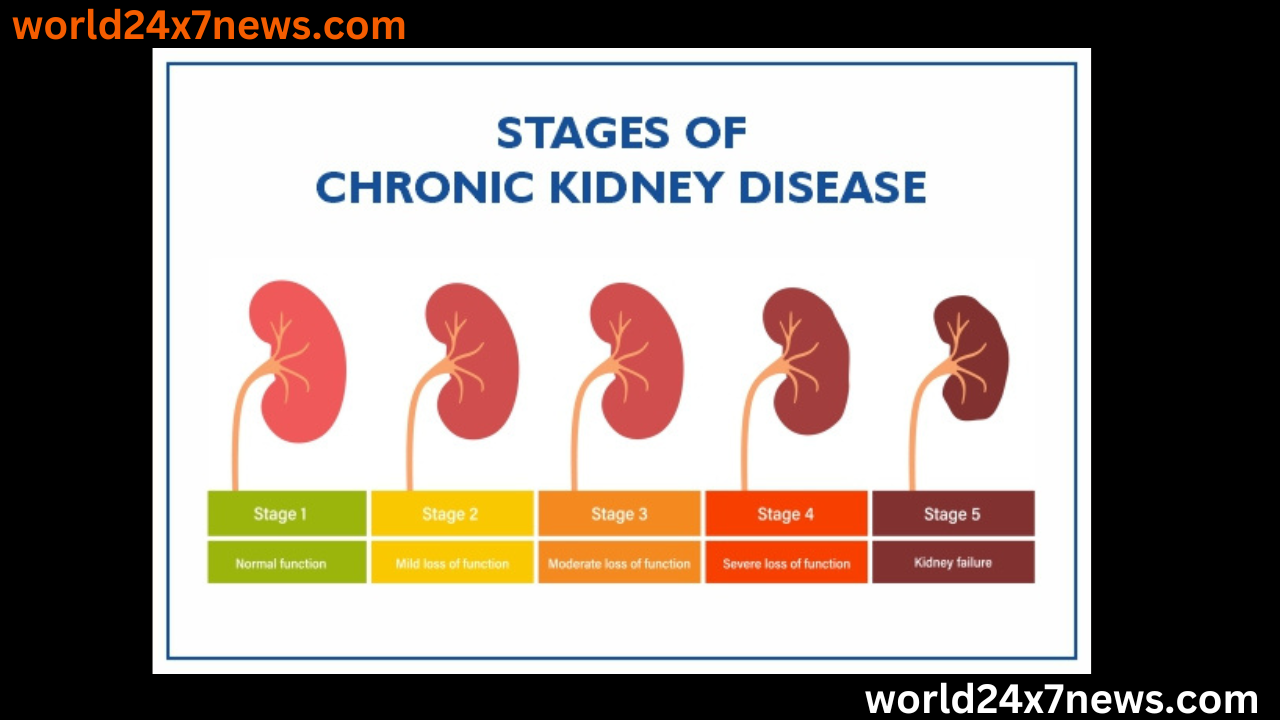Chronic Kidney Disease: Understanding, Managing, and Thriving

Chronic Kidney Disease: Understanding, Managing, and Thriving
Chronic Kidney Disease (CKD) poses a significant health challenge globally, affecting millions of individuals across diverse demographics. Understanding this condition, its causes, progression, management, and impact on overall health is crucial for both patients and the general population.
Introduction to Chronic Kidney Disease
CKD is characterized by the gradual loss of kidney function over time. It’s often asymptomatic in its early stages, making timely diagnosis critical. With increasing prevalence, primarily attributed to factors like hypertension, diabetes, and aging, CKD has emerged as a major public health concern.
Causes of Chronic Kidney Disease
Primary causes of CKD include hypertension and diabetes, but other contributors such as genetic predisposition, recurrent kidney infections, and certain medications also play a role. Managing these conditions effectively can help prevent or slow down CKD progression.
Symptoms and Diagnosis
Early signs of CKD might be subtle, including fatigue, swelling, and changes in urination patterns. Diagnostic tests like blood and urine analysis, imaging studies, and kidney biopsies aid in confirming the diagnosis.
Stages of Chronic Kidney Disease
CKD is classified into five stages based on the estimated glomerular filtration rate (eGFR). Each stage signifies different levels of kidney function decline, with specific treatment approaches and interventions tailored to each stage.
Management and Treatment Options
Management of CKD involves a multifaceted approach encompassing lifestyle modifications like a balanced diet, regular exercise, and medication adherence. Advanced stages might require dialysis or kidney transplantation.
Complications Associated with CKD
CKD significantly increases the risk of developing cardiovascular diseases, anemia, bone disease, and other health issues. Managing these complications is essential in enhancing the quality of life for individuals with CKD.
Dietary Guidelines for CKD Patients
A kidney-friendly diet low in sodium, phosphorus, and potassium is recommended for CKD patients. This dietary adjustment helps in managing symptoms and slowing disease progression.
Preventive Measures
Early detection through routine screenings and prompt management of contributing factors like high blood pressure and diabetes can significantly delay CKD progression. Regular follow-ups with healthcare providers are crucial.
Support and Resources for Patients
Numerous support groups, online forums, and healthcare facilities specialize in providing guidance, information, and emotional support to individuals and families affected by CKD.
Impact on Quality of Life
CKD can significantly impact mental health and social well-being. Establishing a strong support network and adopting coping mechanisms can improve the overall quality of life for patients.
Pediatric Chronic Kidney Disease
Children with CKD face unique challenges requiring specialized care and treatment tailored to their developmental stages, emphasizing the importance of early diagnosis and intervention.
Research and Innovations in CKD
Ongoing research explores new treatment modalities, biomarkers, and innovative technologies aimed at improving outcomes and slowing CKD progression, offering hope for the future.
Global Perspective on Chronic Kidney Disease
Disparities in access to care and resources exist globally, necessitating concerted efforts to improve awareness, education, and healthcare infrastructure to address CKD on a global scale.

Image By world24x7news.com
Conclusion
Understanding the nuances of Chronic Kidney Disease is pivotal in addressing this health concern effectively. Increased awareness, timely screenings, lifestyle modifications, and advanced medical interventions can significantly improve outcomes and quality of life for those affected by CKD.
FAQs (Frequently Asked Questions)
- What are the primary causes of Chronic Kidney Disease?
- How can one prevent the progression of CKD?
- What dietary modifications are recommended for individuals with CKD?
- Is Chronic Kidney Disease reversible?
- Are there any alternative treatments being explored for CKD?















